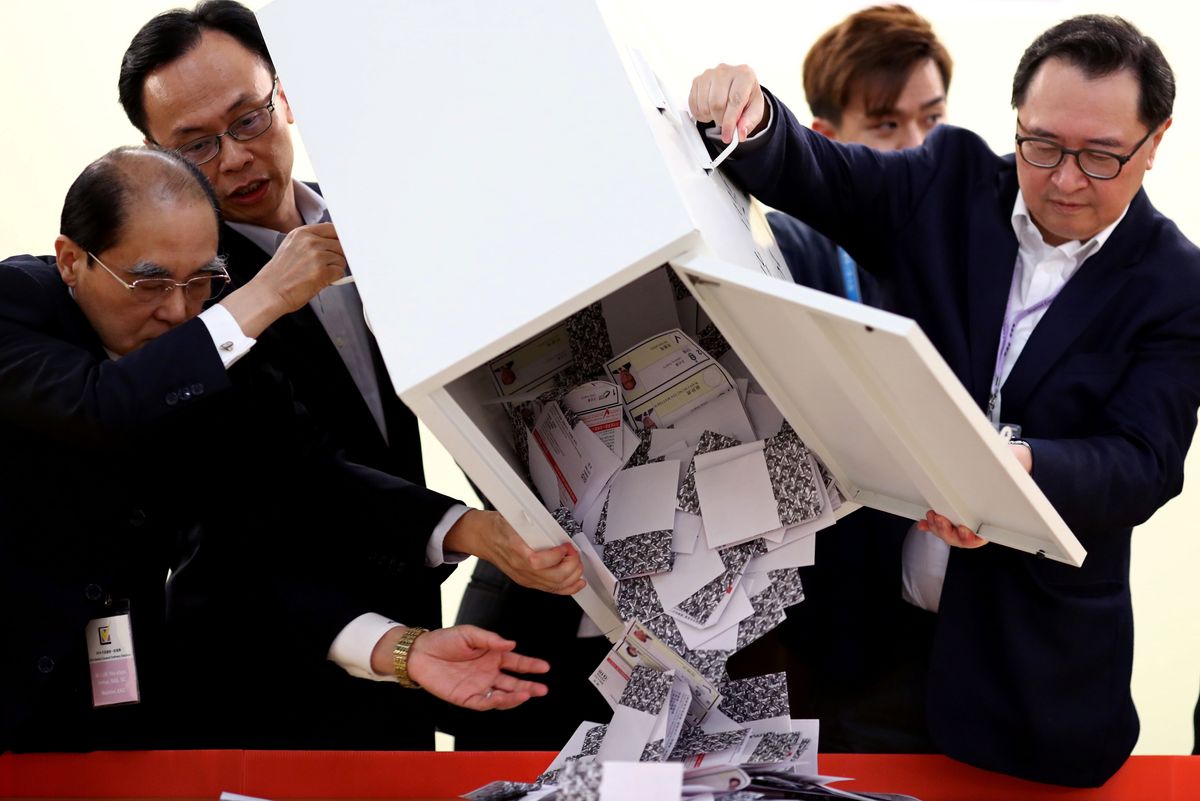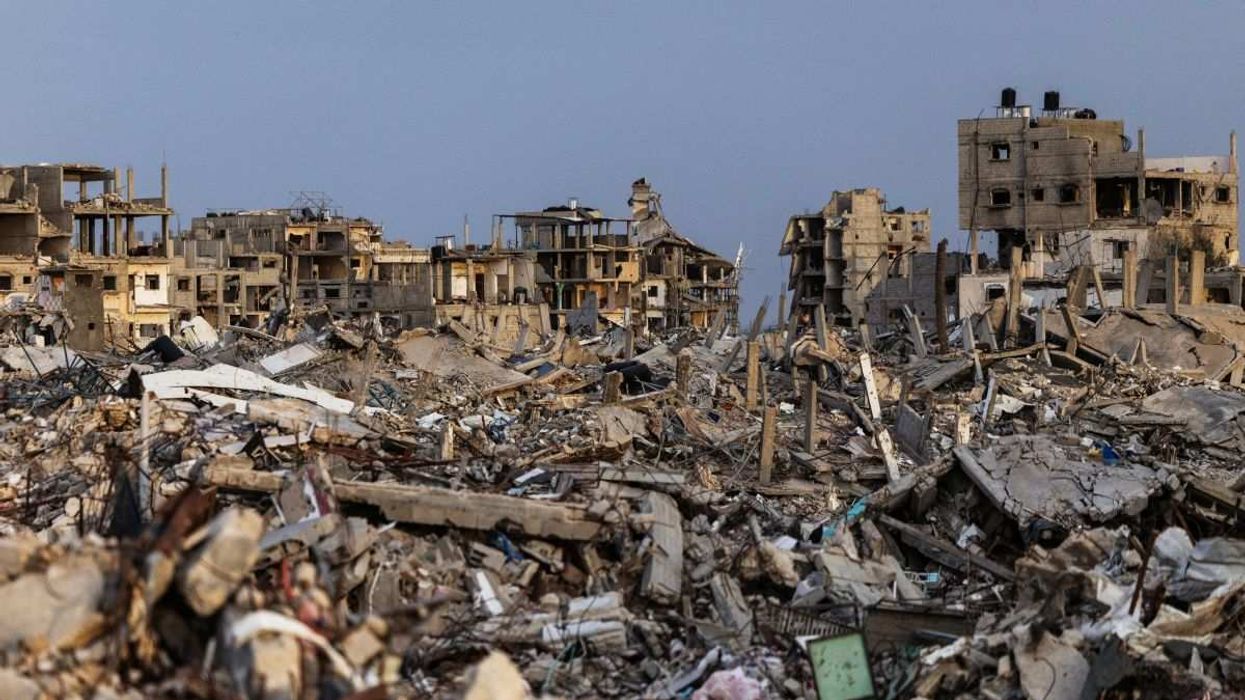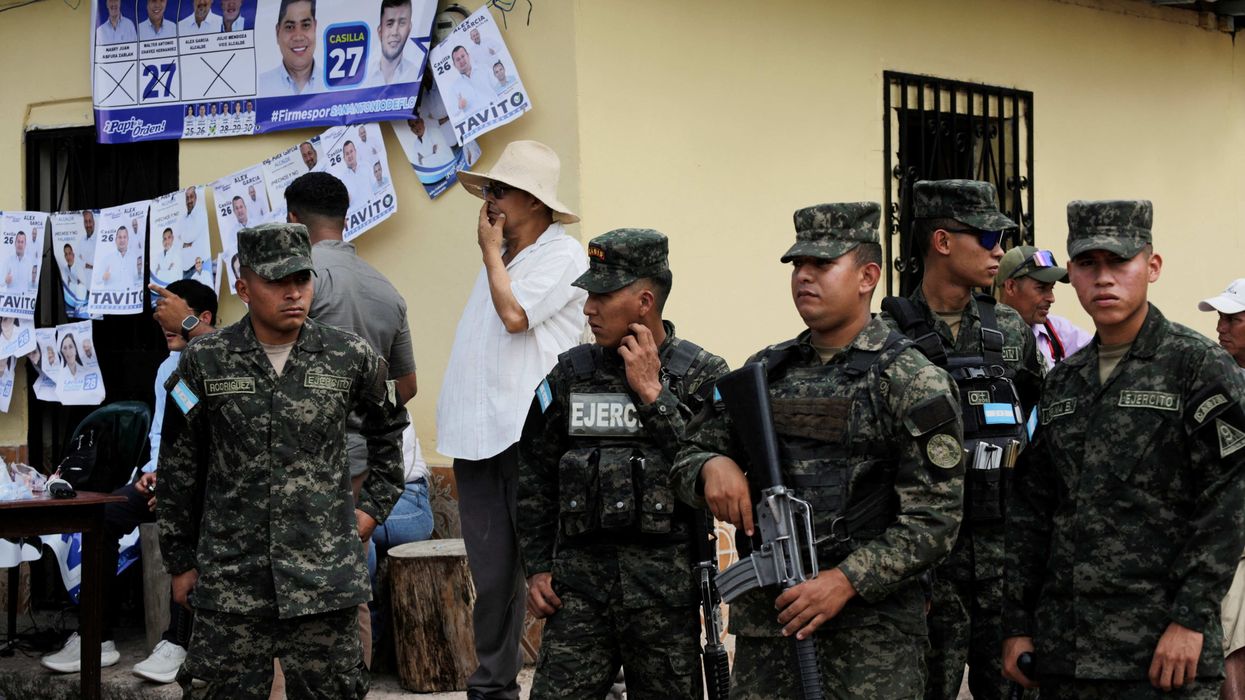There are upsets. There are watersheds. There are landslides. And then there is the Hong Kong election that happened on Sunday.
In a vote that showed the largest turnout in the territory's history, candidates who want a more democratic system won 85% of Hong Kong's 452 district council seats, flipping hundreds of those seats from incumbent council members who support the status quo.
Pro-democracy (or "pan-democracy" as they are locally called) officials will now control 17 of Hong Kong's 18 district councils. After the last election, in 2015, they controlled precisely zero of them.
And it's not just a shift in opinion: the results show Hong Kongers are energized and highly motivated. Voter turnout spiked from 1.4 million in 2015 to 2.9 million last weekend.
To be clear, these councils have limited political power: they deal mostly with hyper-local issues like potholes and trash collection (no small set of issues, from this New Yorker's perspective, but I digress). And they have only a sliver of influence over whom Beijing appoints as chief executive.
But the symbolism of the vote was clear: it undermined Beijing's message that the protests are the work of fringe "terrorists." Yes, there are some vandals and provocateurs in the streets, but a vast majority of Hong Kongers clearly support the protests' basic call for more democratic freedoms.
So, here's how some of the key players might be looking at all this now:
Protest movement: Why stop now? Our five demands – including the right to elect our leaders directly, investigations of police brutality, amnesty for those arrested – are as relevant, and well supported, as ever. We've delivered a message, but what was the point if we're not ready to build on this momentum? To the streets!
Beijing: Why give in now? If we do, it will only encourage more people to demand concessions, and firewall or not we can't be sure that Hong Kongers don't have sympathy elsewhere in China. But mainly, the risks of a military intervention against the protesters just got much more dangerous, since people around the world can now see the protests are popular with a vast majority of Hong Kongers. Let's just keep waiting. For now.
Chief Executive Carrie Lam: Dangling by a single phone line. I am going to "seriously reflect" on these results and continue to say conciliatory things – but I better not stray too far from the phone in case Beijing has something important to tell me.


















